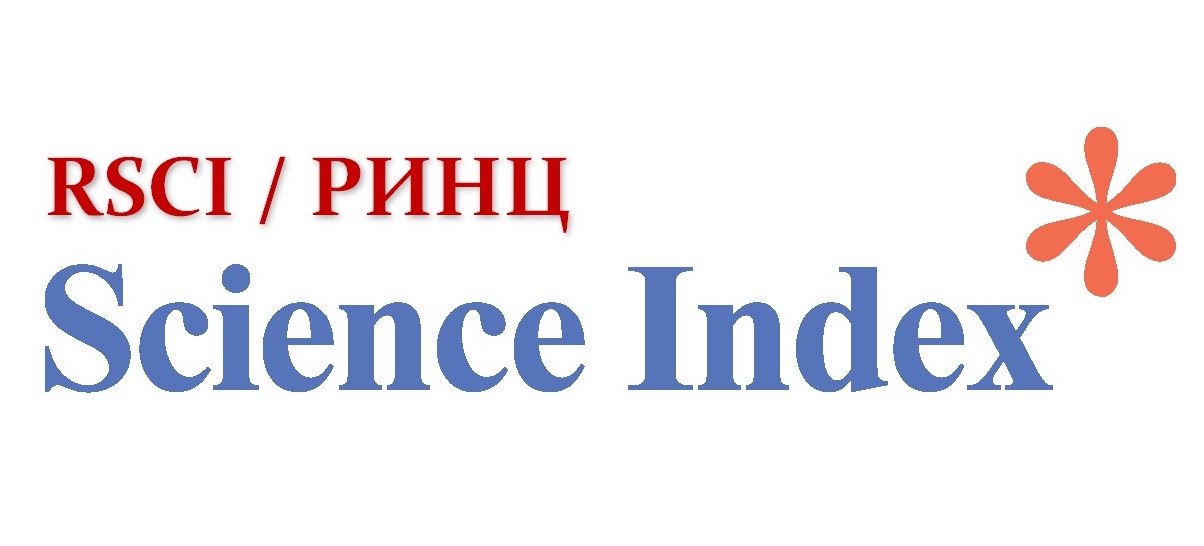Дәстүрлі емес қауіпсіздік дискурсының қалыптасуы мен эволюциясы
Қаралымдар: 140 / PDF жүктеулері: 124
Кілт сөздер:
дәстүрлі емес қауіпсіздік, Копенгаген мектебі, Париж мектебі, секьюритизация.Аңдатпа
Қауіпсіздік тақырыптарына қолдау көрсету кең мағынада мемлекеттер мен қоғамдардың
функционалдық тұтастығын қамтамасыз ету және тәуелсіз бірегейлігін сақтау ретінде анықталады. Биполярлық дәуірде мемлекеттердің қауіпсіздігін қамтамасыз етуде дәстүрлі әскери көзқарас саяси аренада басым орын алды. Қырғи-қабақ соғыс аяқталғаннан кейін, қауіпсіздіктің дәстүрлі емес мәселелері
әлемдік саясатта маңызды орын ала бастады. Дәстүрлі емес қауіпсіздіктің көпшілігі жаһандық үрдістердің нәтижесі ретінде қарастырылады. Бұл жерде, жаһандану – объективті процесс ретінде әлемді
өзара байланыстырады және өзара тәуелді етеді.
Ұлттық және әлемдік қауіпсіздік бағдарламаларының көпшілігі тұрақты дамудың ауқымды бағыттарын қамтиды. Атап айтқанда, саяси, экономикалық, әлеуметтік және экологиялық салалардағы әртүрлі
дәстүрлі емес, мысалы: климаттың өзгеруі, энергетикалық қауіпсіздік, сөз бостандығы, адам құқықтары, заңның үстемдігі, мемлекеттік реттеудің сапасы, сауда-экономикалық тұрақтылық және т.б. мәселелерді қамтиды. Мақала саясаттану пәнінің кең шеңберіндегі дәстүрлі емес қауіпсіздік дискурсына негізгі
анықтамалары мен ой мектептерін зерттей отыра, жалпы кіріспе береді.








